Cookson defends TUE system as being more rigorous since Wiggins' applications
'We can find a solution' on WorldTour reforms says UCI President
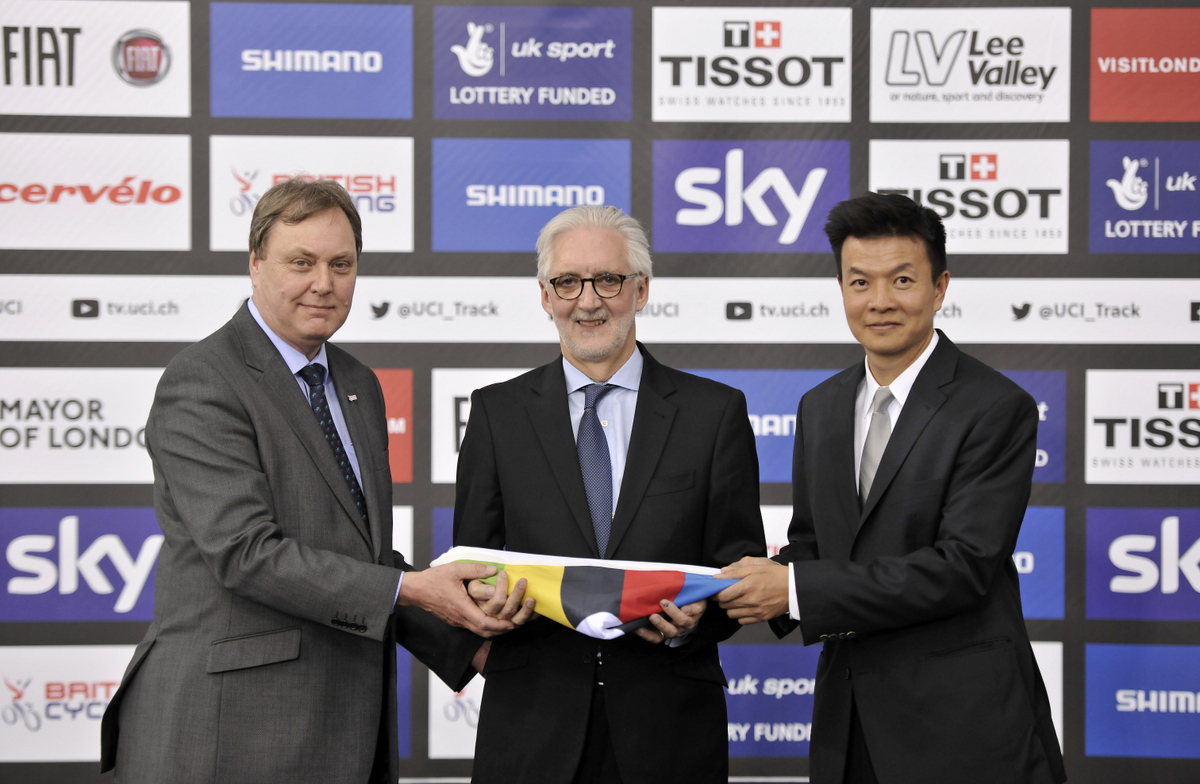
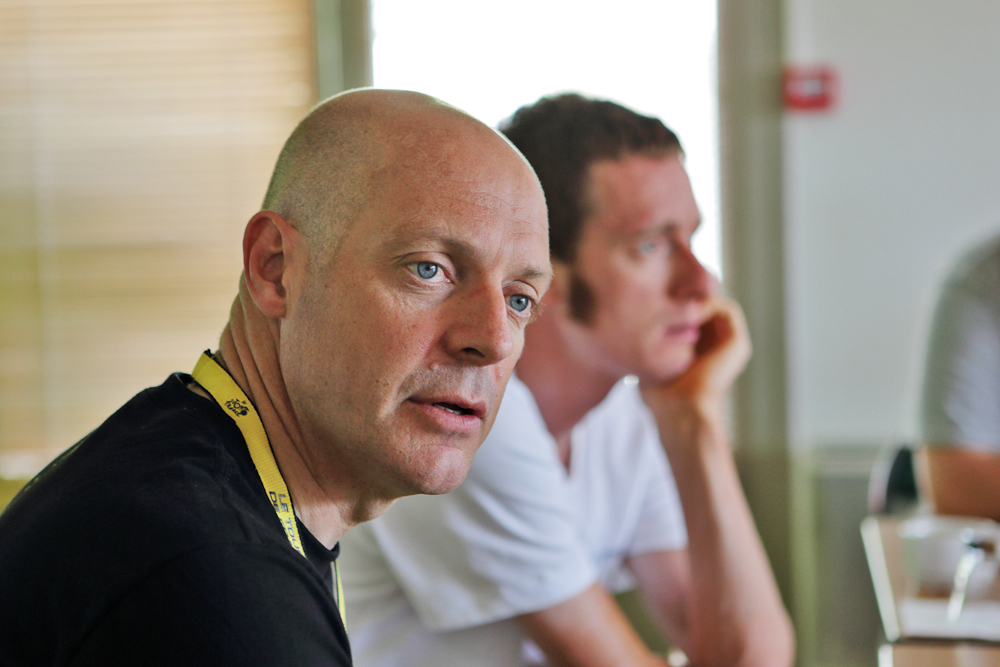
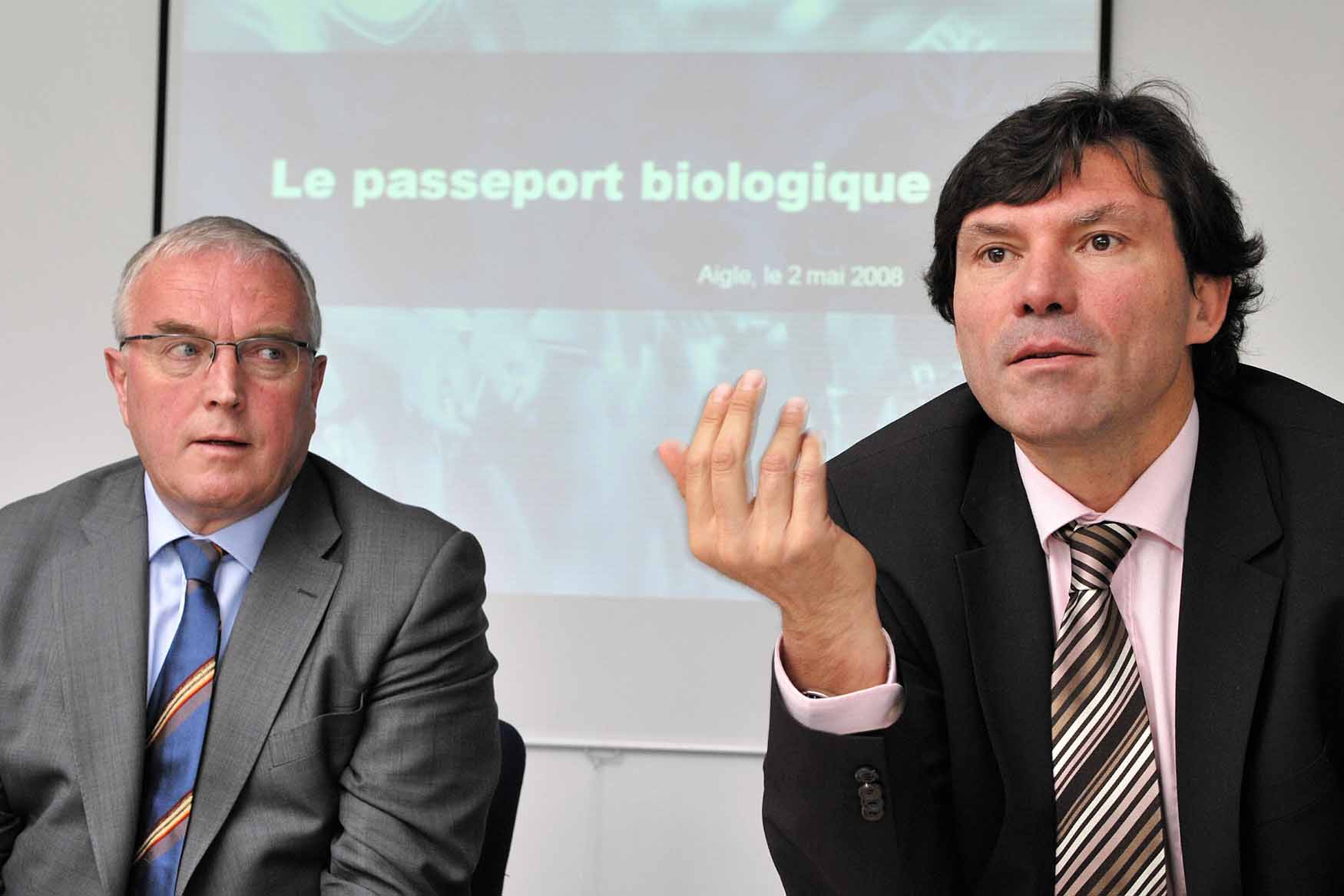
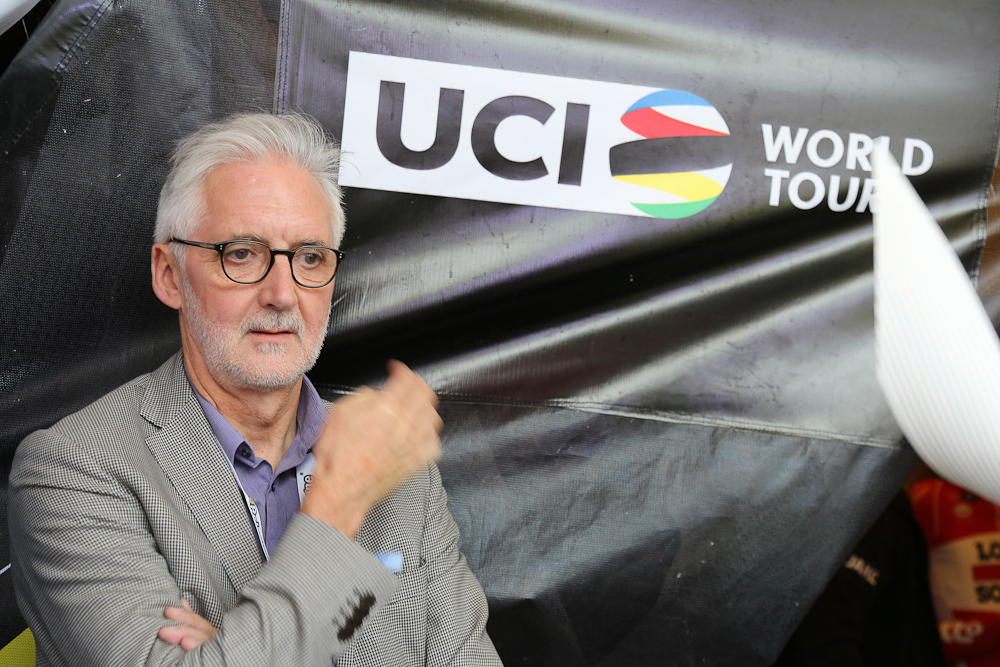
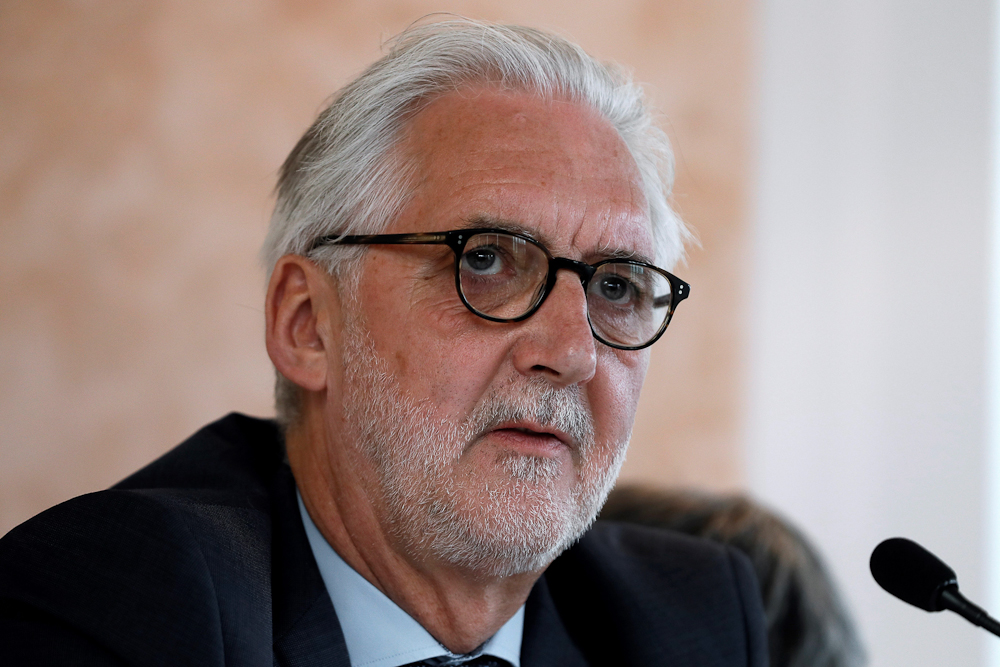
UCI president Brian Cookson has said the process by which therapeutic use exemptions (TUEs) are approved is more rigorous now than when Bradley Wiggins was allowed injections of the powerful corticosteroid triamcinolone acetonide in 2011, 2012 and 2013. Cookson declined to discuss the specifics of the case in a press conference at the World Championships in Doha on Saturday.
Last week, Cookson told Cyclingnews that he did not envisage that the UCI would take any action against Wiggins as "no rules have been broken". News of Wiggins’ TUEs entered the public domain after Russian cyber-hacking group Fancy Bears leaked information gleaned from the World Anti-Doping Agency's database last month.
On Saturday, Cookson suggested that Wiggins' TUEs had been approved by one man, former scientific adviser Dr. Mario Zorzoli, rather than a three-person committee of the kind now in place.
"We now have a system where all TUEs have to be approved by a panel of three doctors. In those years there was a TUE committee, but it had become customary practice for a non-controversial TUE to be authorised by just one person," Cookson said. "That was something we very quickly realised, when I discovered the situation was not as rigid as I desired. We have tightened that system up."
Cookson confirmed that the "one person" who approved supposedly "non-controversial" TUEs was Zorzoli and added: "Just to be clear, Dr. Zorzoli does not work for the UCI any longer." Zorzoli left the governing body in 2015.
Earlier in the press conference, Cookson claimed that the UCI's current TUE procedure goes above and beyond the level demanded by the WADA code. (WADA's international standard for TUE committees, incidentally, already outlined that they "should include at least three physicians.") "We now exceed the requirements of the World Anti-Doping Agency, and that's been the situation for the last couple of years," he said.
Cookson has repeatedly stated, however, that the UCI cannot implement the additional controls on corticoids recommended by the Movement for Credible Cycling precisely because the UCI cannot go beyond the constraints of the WADA code. He was asked to explain the paradox.
Get The Leadout Newsletter
The latest race content, interviews, features, reviews and expert buying guides, direct to your inbox!
"There are some things we can do more strongly perhaps than the WADA code, and go over and above things, but it's much more difficult when you start to get into those kind of issues around proscribed substances," Cookson said.
"We can lobby, we can put our point of view to WADA as we have with tramadol and corticosteroids and stilnox, which is another substance that is apparently used on occasion. Those are things we keep lobbying for. We are nevertheless bound by the WADA code and it’s hard for us to impose a higher standard on those issues. But we'll keep trying and keep pushing on those issues."
Reforms
The TUE system and concerns over racing conditions and the lack of spectators in Doha were the principal topics of discussion at the UCI president's traditional World Championships press conference, though Cookson was also asked to divulge the current state of the governing body's troubled plans to reform the WorldTour system.
Earlier in the week, the AIGCP, the teams' association, wrote to the UCI warning that it will oppose "in whatever manner necessary" some of the planned reforms, most notably the decision to reduce the number of WorldTour teams from 18 to 17, and introduce a system of promotion and relegation.
"The reforms are still a work in progress and there are still some differences of opinion. Cycling is a sport in which people express their opinions forcibly. We had a discussion at the management committee two days ago and we decided on a unanimous approach which we will discuss further, in three weeks' time, with the Professional Cycling Council, on which all of the stakeholders are represented," Cookson said.
"I'm not going to negotiate further through the media, but I think we can find a solution. We've worked very hard to make sure our friends at ASO are going to be part of the WorldTour going forward. I'm sure we can get the same kind of spirit from the teams, other organisers and riders."
Cookson refused to be drawn on whether the UCI was minded to row back on its plans to reduce the number of WorldTour teams in light of the AIGCP's dissatisfaction. Although IAM Cycling and Tinkoff have disbanded, 18 teams have applied for WorldTour status for 2017, as Peter Sagan's Bora-Hansgrohe team and Vincenzo Nibali's new Bahrain-Merida outfit are each seeking places in the top flight.
"It's true that in the middle of this year, it looked like we were going to lose two teams with no prospect of any new teams," Cookson said. "Now we have 18 applicants who have submitted paperwork on time. The licence commission will now do its work and analyse the submissions, and decide if we have a minimum number of teams that fulfil the criteria. Let's wait and see what the situation is that emerges from that."
Ssubscribe to the Cyclingnews Podcast, click right here.

Barry Ryan was Head of Features at Cyclingnews. He has covered professional cycling since 2010, reporting from the Tour de France, Giro d’Italia and events from Argentina to Japan. His writing has appeared in The Independent, Procycling and Cycling Plus. He is the author of The Ascent: Sean Kelly, Stephen Roche and the Rise of Irish Cycling’s Golden Generation, published by Gill Books.